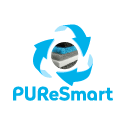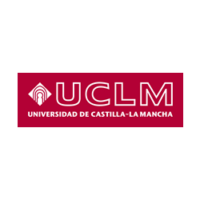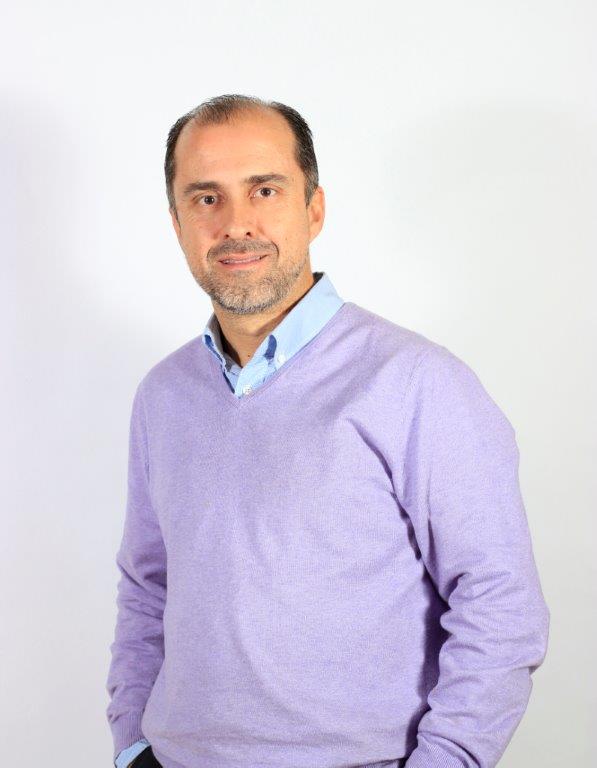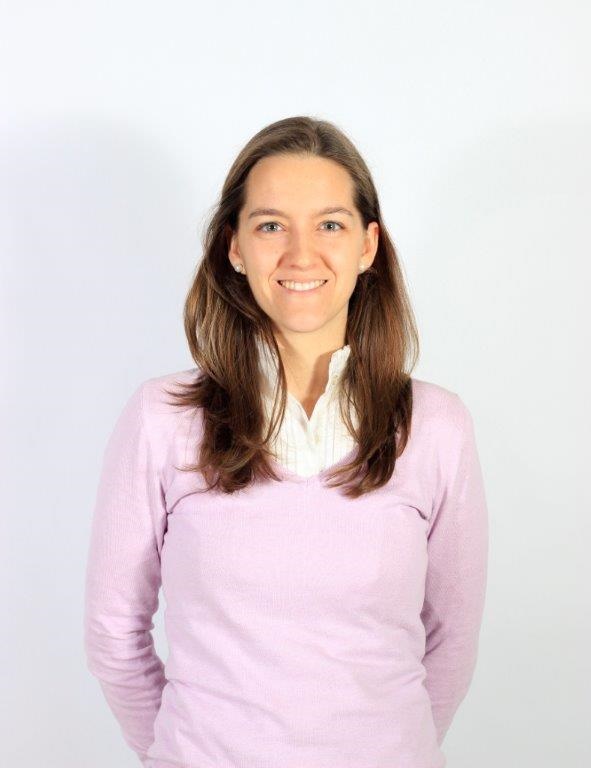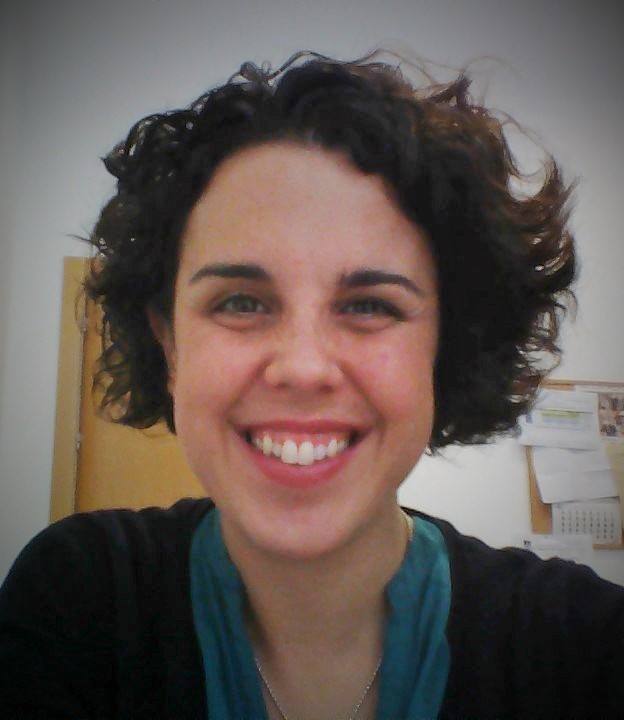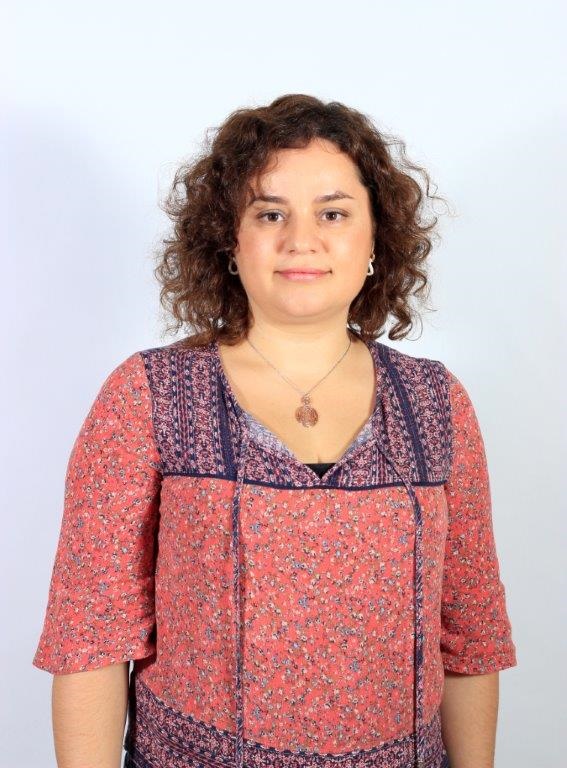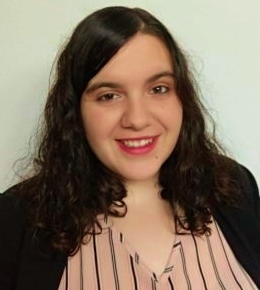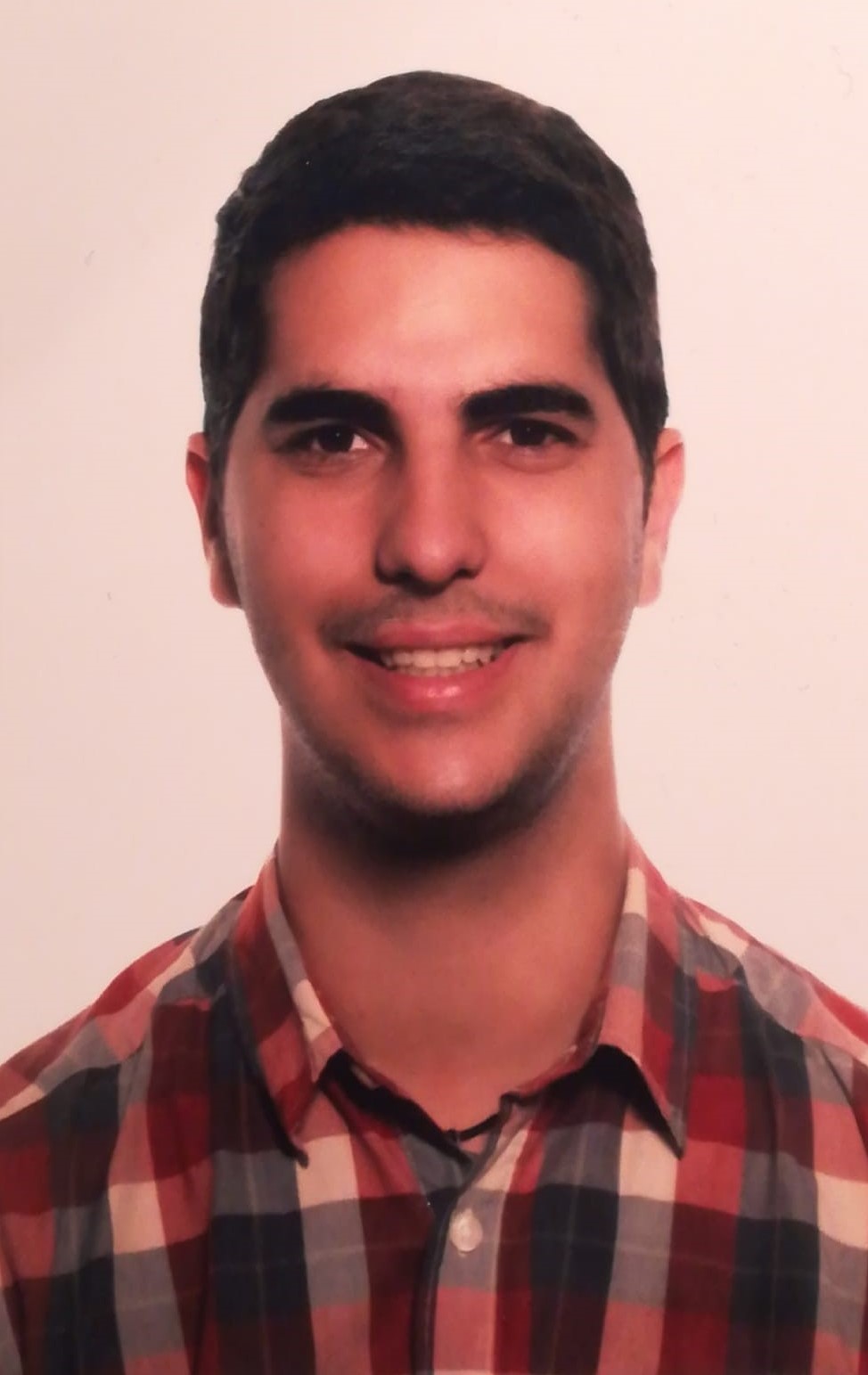Profile & Expertise
The University of Castilla-La Mancha (UCLM) is a multi-disciplinary university and its activities embrace from basic research to technological development. A total of 17 R&D contracts were managed at UCLM under FP6 and there are 36 approved projects under FP7 and CIP, as well as 17 H2020 and 4 COSME granted projects, besides other European and international programs such as INTERREG, JPEN or COST, inter alia. Most of those projects are managed under the supervision of the European Projects Office and the Knowledge and Technology Transfer Office. Besides, the UCLM counts with several centers dedicated to applied research related with different industries; such as the Institute of Chemical and Environmental Technology (ITQUIMA), oriented to the Chemical Industry and the Environment and in which the work related to this project will be performed. An interesting point for the development of the project is the fact that ITQUIMA owns medium scale pilot plant facilities for polyurethane and polystyrene recycling (Figure 1), heterogeneous polymerization, wastewater treatments and spray drying. It is also worthy to point out that two of their laboratories (The laboratories of Occupational Health and Biofuels) are certified in the ISO 9011 and are accredited under the ISO 17025.
The UCLM group that participates in the project is the Separation and Polymerization Process (LaPSP) group, which is part of the Chemical Engineering Department. From their beginnings, the members of this research group have been involved in regional, national and European plans of Science and Technology, participating as coordinators (IP) or researchers in several projects of applied research (10 projects financed by the Spanish Government, 4 financed with FEDER funds, 4 financed with European funds, etc.). Several agreements and contracts with regional or national factories have been signed with companies such as Repsol, Forlasa, Hidrospal, Elcogas, Mayasa, Selquima, Promek, Enermes, Asintec, Acciona, Henkel, Huntmans, etc. The big amount of collaborations has facilitated the transfer of the research results and experience to the industrial field.
The above-mentioned facts have allowed the group to carry out an excellent applied investigation, endorsed by a growing number of scientific publications in international Journals of recognized prestige in the field of the Chemical Engineering and Polymers (more than 100 in the last 8 years) and to have an appropriate financial support. This way, an important scientific infrastructure has been acquired, what ensures to the research group enough means to develop its future research activity with guaranty and quality.
The research team involved in this project, is formed by 5 permanent members, one full professor, three associate professors, 1 assistant professor (all of them are PhDs) and 2 engineers contracted for the project period. The polyurethanes/polyols field, which is the project field, is one of the most relevant subjects of interest of the group. We are the Polyurethanes reference group in Spain for more than 20 years of the Spanish petrochemical company Repsol. Besides, the group took part as investigators in several International and national patents, one of them related to polyurethanes recycling. Two PhD thesis have been defended with honors in the polyurethane recycling field.
Regarding the supercritical fluid experience, our research group has carried out different studies on the synthesis and recycling of different plastic materials in scCO2 with more than 15 publications and 4 PhD theses defended in the field.
Other fields of interest of the research group are focused on different subjects related to polyols synthesis and functionalization, conventional ion exchange and adsorption applications to purify pharmaceutical and nutraceutical substances and the synthesis of microcapsules containing phase change materials (PCMs) and extractant agents.
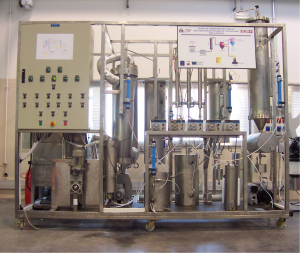
Figure 1. Pilot plant for polyurethane chemolysis
Role in the project
The UCLM will participate mainly in the WP3 and WP4.
Regarding WP3, the UCLM is the leader of task 3.2 “Upscaling of preferred split phase chemolysis process”. The UCLM will upscale the PU chemolysis process from a lab scale of 400g to and intermediate scale (0.5-5 kg). For that purpose, lab set-ups with two to ten liters reactors and a pilot plant with 30 l capacity will be used. The target is to find the appropriate process parameters to reach a recovered polyol content and purity suitable for an economically viable chemolysis process. The pilot plant will be adapted considering the observations from lab experiments. The main points to address will be: glycolysis agent selection, foam feeding modus, reactor and stirrer design, stirring rate. UCLM will also collaborate in the chemolysis phases characterization and will send recovered polyol to REC for making lab scale foams.
Regarding WP4, UCLM will lead task 4.4 “Reprocessing of CAPU foams – foam to foam”. The CAPU foams will be reshaping using supercritical carbon dioxide (scCO2). Prior to the foaming experiments, the thermal behavior of the system (PU-scCO2, PU-scCO2-cosolvent) will be studied by means of high pressure DSC. Then, the reprocessing conditions (mainly temperature, pressure and co-solvent) will be studied.
